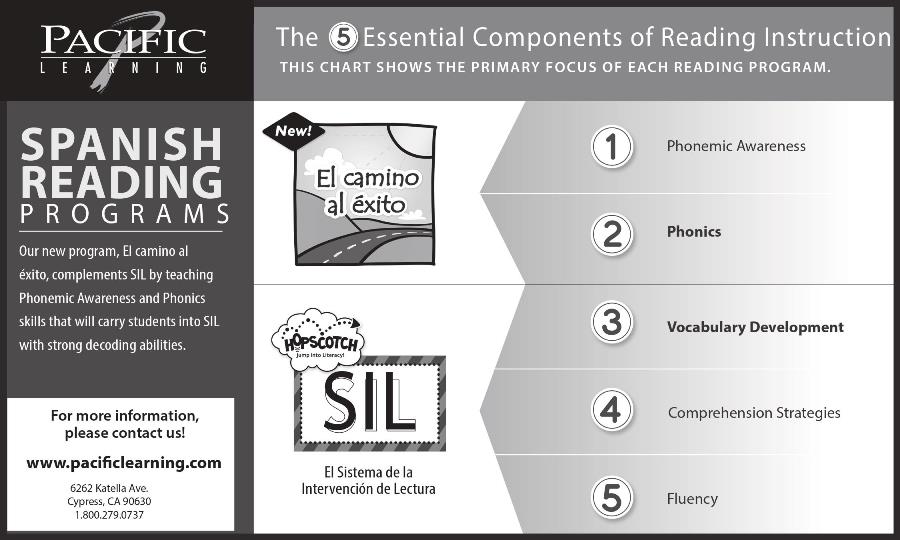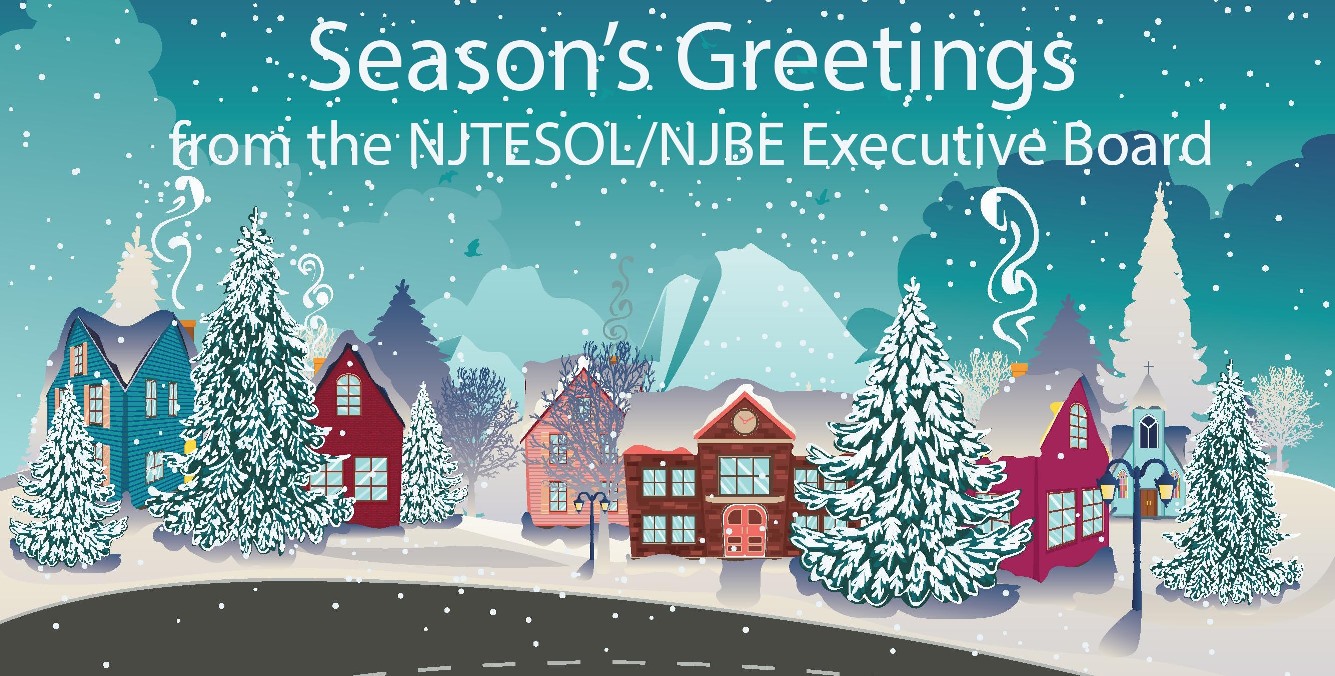Making Culturally Responsive Teaching Work
From Larry Ferlazzo, By Zaretta Hammond
 In this interview with Larry Ferlazzo, Zaretta Hammond observes that when educators, schools, and publishers try to implement culturally responsive principles in teaching, there are three misconceptions that can create pitfalls which could negate the effort.
In this interview with Larry Ferlazzo, Zaretta Hammond observes that when educators, schools, and publishers try to implement culturally responsive principles in teaching, there are three misconceptions that can create pitfalls which could negate the effort.
“Misconception #1: Culturally responsive education is synonymous with implicit bias/anti-racism work. Therefore, if we work to eliminate our personal implicit biases in the classroom, it will foster a sense of connection for students of color that will increase their motivation to learn.” That is, teachers feel that they are culturally responsive only when they examine themselves for their own biases and when they are having discussions about racism with their students. Instead, there must be an atmosphere in the classroom in which students do not feel stereotyped and can be free to be vulnerable as they learn.
“Misconception #2: Culturally responsive teaching is all about relationship building and ‘honoring students’ cultural identities.” The basis for this is thinking that if teachers build connections with their students of color, the students will be more motivated to study. The problem is that this misconception is that it views the relationship as the end goal and ignores cultural differences in students’ learning styles. Hammond recommends a learning situation that is more demanding through supports that are like an apprenticeship that avoids too much scaffolding.
“Misconception #3: Culturally responsive instruction, in particular, is only about social justice and teaching students to recognize and critique social inequities.” The thinking is that there should be more diverse materials in the curriculum that they should emphasize social justice. However, this idea can exacerbate the problem of making black and brown children feel that they have to adjust to the classroom culture. A better approach is to find out what topics students are interested in that will create excitement in learning.

 Villegas and Velazco state that educators must understand Black ELs backgrounds in order to focus “on the challenges these students face today, how they are being supported in the K-12 system, and the important role families and community members can play in ensuring they are being served equitably.”
Villegas and Velazco state that educators must understand Black ELs backgrounds in order to focus “on the challenges these students face today, how they are being supported in the K-12 system, and the important role families and community members can play in ensuring they are being served equitably.”
